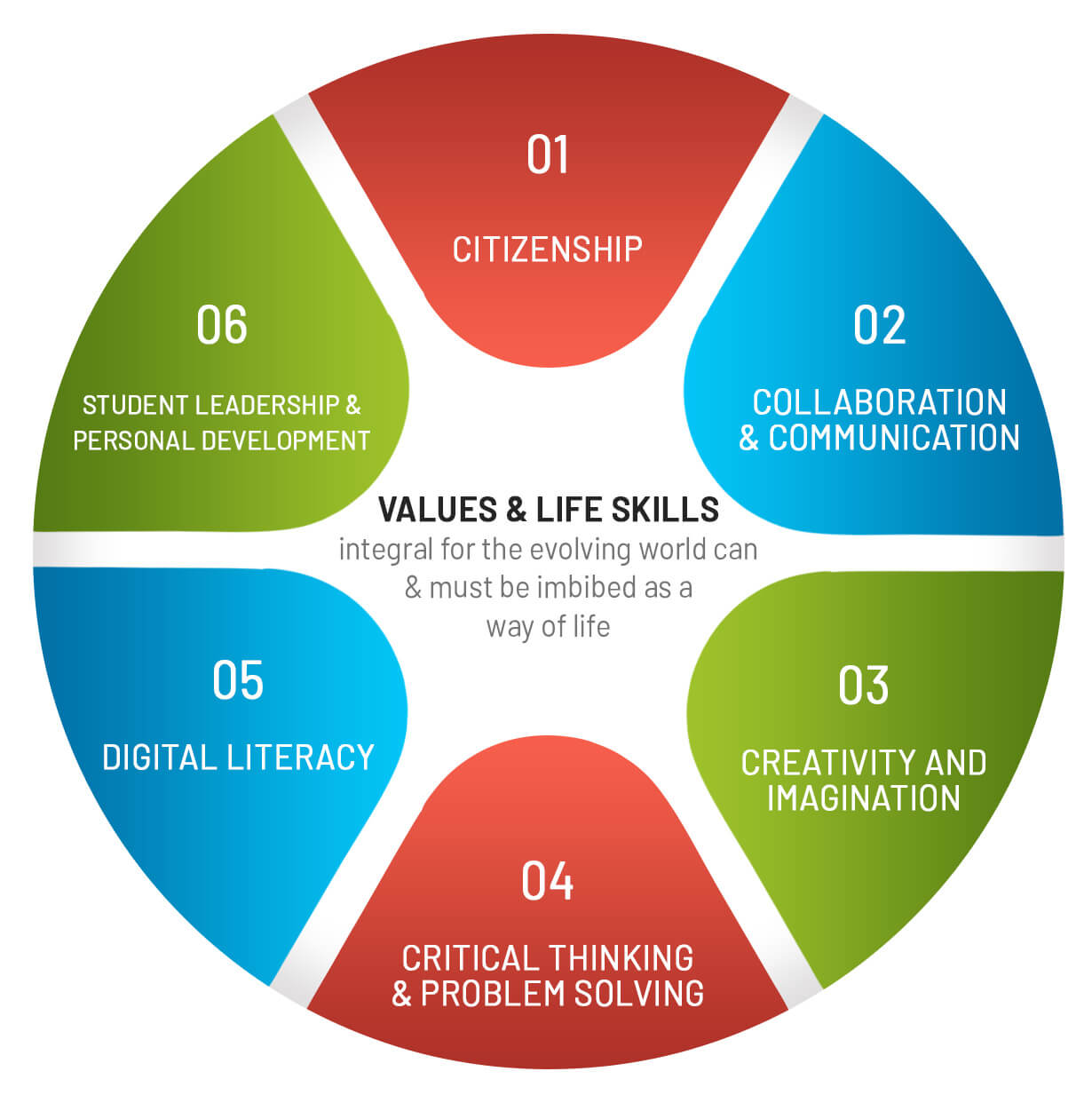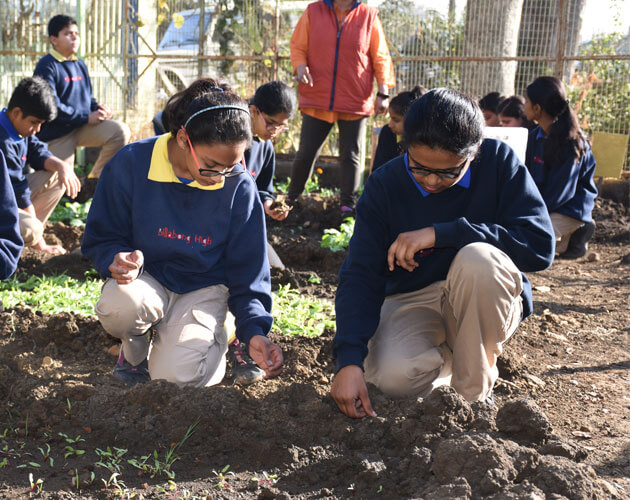 Learning Environment
Learning Environment
Research shows that the brain actually lights up after a short episode of movement, and neural pathways become more speedy and efficient. Our learning centres allow movement and in depth understanding of concepts through all modalities of learning. The safe, secure and stimulus – rich environment is responsive to the child’s learning needs.
Our Curriculum Methodology
One size doesn’t fit all, it is important to accommodate all individual learners, providing them opportunities to grow at their own pace and optimise their inherent potential.
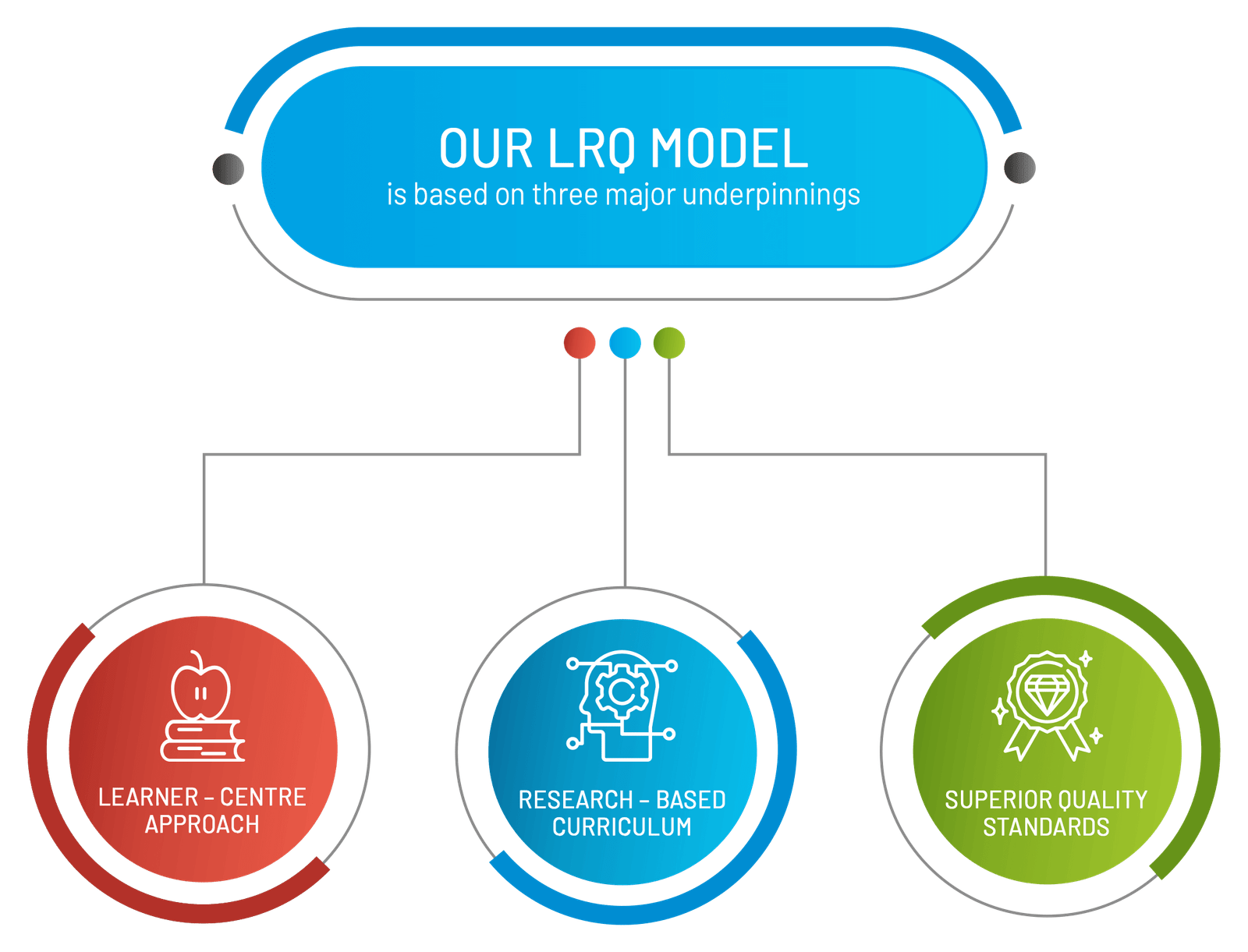
Our instructional design and subject matter experts in the field of neuroscience maintain that as we enter the 21st century, our learner pattern needs to be dynamic and evolving, incorporating the needs of the society and the learner.
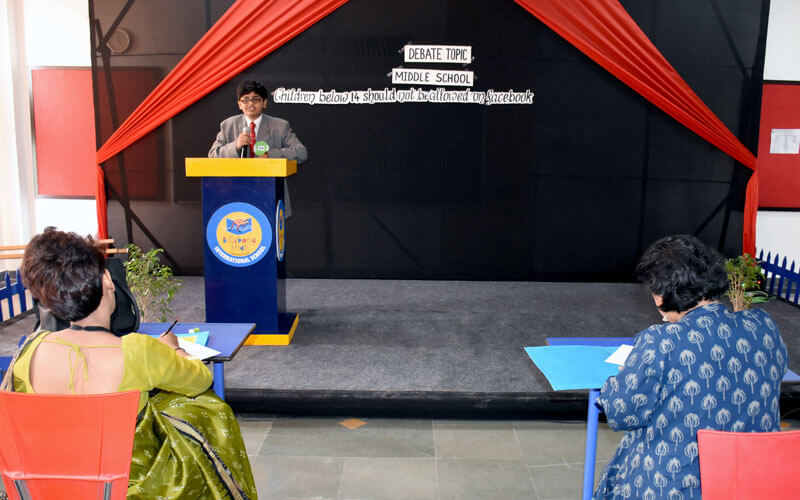 Field Trips & Guest Lectures
Field Trips & Guest Lectures
Children learn best through direct experiences as they connect their learning to the ‘real world’.
Field trip and guest lectures are linked to concepts across all subjects.
We help learners learn more effectively by creating episodic memories; taking theoretical concepts out of learning centres to observe and experience its application in the surroundings or guest lectures by experts in individual fields to provide an infight into the practical worlds of the disciplines learnt in the classrooms.
 Special events
Special events
Special events showcase and extend children’s learning. These provide an opportunity for parental involvement and are a critical tool for creating ‘episodic memory’ – memory created through sights, sounds, smells, tastes, touch, location and emotions.
Role of teacher/facilitator
Facilitators provide opportunities for students to learn key concepts and discover the tools that they need for learning so that they can become life – long learners. Being creators of productive classroom environments they engage, lead, inspire, & encourage the students.
Students aspiring for top-notch or Ivy League universities are allowed to chart their courses with parents, teachers, and the School Management supporting and collaborating for the benefit of the child.
A keen and personal interest taken in each student by each member encourages students to develop a rapport with teachers which is limited neither by time nor distance nor the perimeters of the school. Teachers are sensitive and sensible such that they are attuned to the behaviour and attitude of their students; while students are assured of confidentiality even in cases where they divulge information which is impacting their emotional well-being.
Billabong stands apart from most other schools in the manner in which it grooms students to take up the mantle of responsibility by offering them opportunities to stage, participate and manage events. SUPW and Community Service is compulsory according to the norms of the CISCE with students being graded in the same at the end of ISC (Grade 12). Billabong’s tie-up with YUVA/YI – the school-based initiative of the CII and their voluntary association with local NGOs including Parvarish and Arushi allows students to engage with the deprived and underprivileged sections of the society and give back to the community.



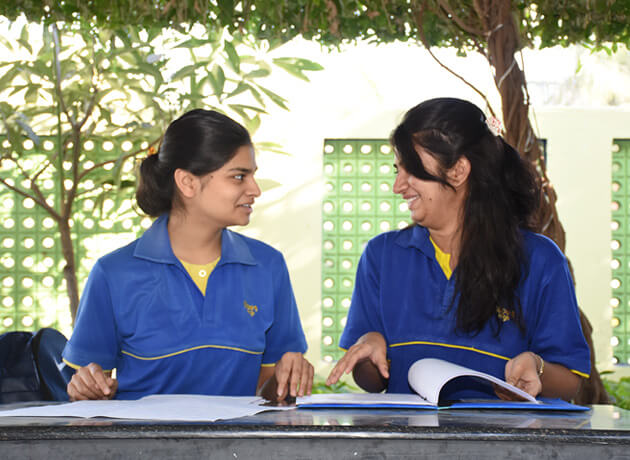 Methodology
Methodology